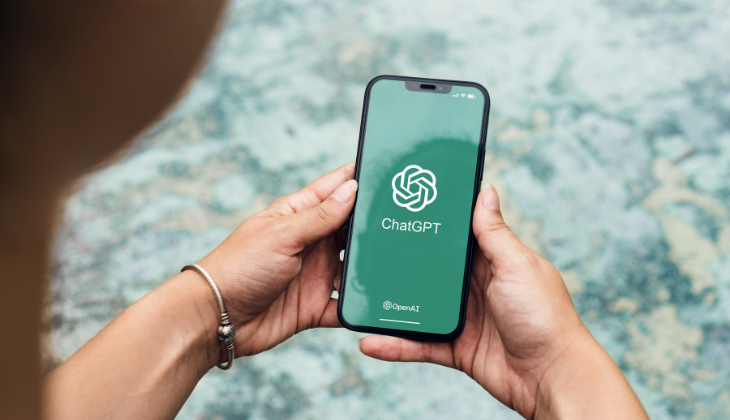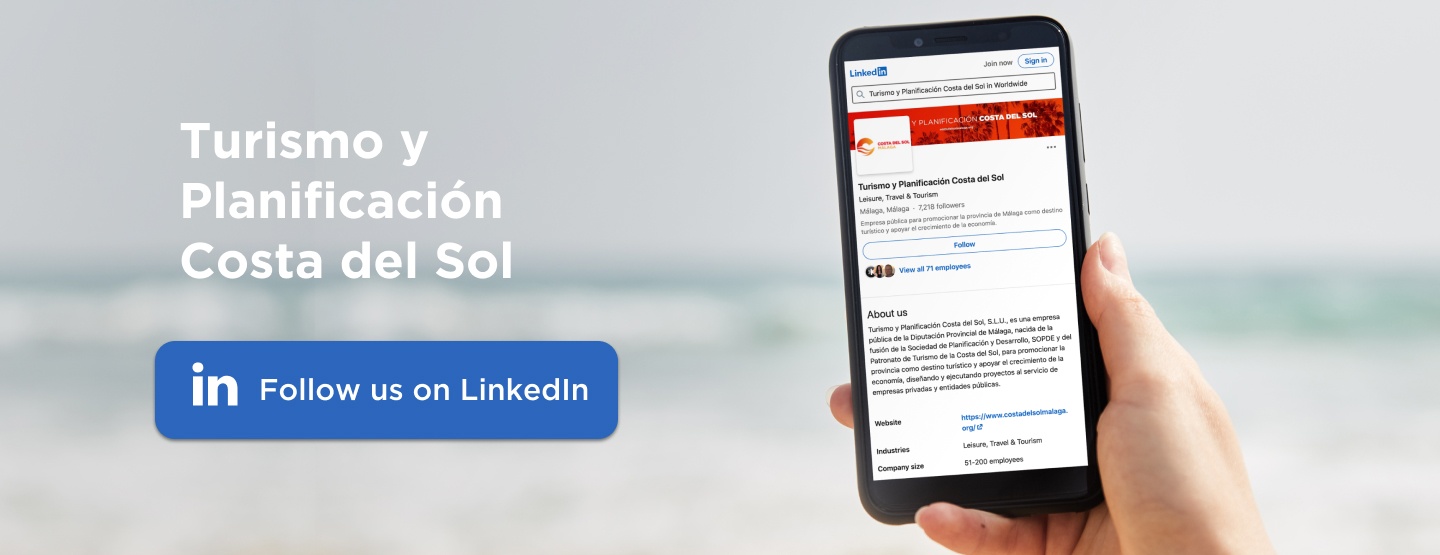In the digital area in which we live, artificial intelligence (AI) is revolutionising practically every aspect of our lives. From e-commerce to customer service, AI has demonstrated its ability to make processes more agile and improve user experience. The tourist industry is no exception. With the launch of ChatGPT, a powerful artificial intelligence tool developed by OpenAI, tourist information centres have found a compelling way to attract more and more visitors.
The purpose of tourist information centres is to provide visitors with relevant and up-to-date information about the destination as well as the activities, events and services on offer in the area. Traditionally, this has meant talking to travel agents in person and locating information in leaflets and guides. Nevertheless, these methods are somewhat limited and do not always provide personalised responses that meet the specific needs of every traveller.
This is where ChatGPT comes in. Thanks to its ability to process large amounts of information and generate coherent and relevant answers, AI has become fundamental for tourist information centres. Visitors can interact with ChatGPT through an intuitive interface, asking questions and instantly receiving responses that answer their specific queries and concerns. But in which concrete ways can ChatGPT assist tourist information centres?

The benefits of ChatGPT for tourist information centres:
- Ability to process large amounts of information: ChatGPT can analyse and process large volumes of tourist data, enabling it to give precise and up-to-date answers to visitors’ questions.
- Personalised responses: through constant learning, the tool can adapt to the needs and preferences of every traveller, providing personalised and relevant answers.
- 24-hour availability: as a virtual tool, ChatGPT is available all times, meaning that visitors can access tourist information and assistance whenever they need it, even if this is outside the normal opening hours of the tourist information centre.
- Agile customer service: ChatGPT provides answers instantly, making customer service more agile and preventing long waiting times at tourist information centres.
- Improved user experience: by providing precise and detailed information about destinations, activities, events and services, ChatGPT improves the visitors’ global experience, enabling them to plan their trip more efficiently and enjoy the experience.
- Resource optimisation: the installation of ChatGPT in tourist information centres means that larger numbers of visitors can be attended without significantly increasing the workload of staff, thereby optimising the resources available.
- Travel planning made easy: the tool enables tourists to put together itineraries by recommending places of interest, attractions, restaurants and activities based on individual preferences.

- Integrated with booking services: ChatGPT can be integrated with online booking systems, making it possible to book accommodation, transport and tickets for tourist attractions on one platform.
- Feedback and constant improvement: ChatGPT receives feedback from the users, enabling it to constantly improve its answering abilities and meet the changing needs of tourists.
- Boost for tourism: the implementation of avant-garde technologies like ChatGPT in tourist information centres can generate increased interest in the destination, giving the tourist industry an image of innovation and modernity.
What is your opinion of the functions ChatGPT offers tourist information centres? The tool has proved itself to be invaluable when it comes to revolutionising the way in which information and assistance is provided to travellers. Its ability to process natural language, constantly learn and provide precise responses has raised the user experience to new levels. The Costa del Sol is a tourist destination that has embraced the countless benefits of artificial intelligence. A number of sectors, including events, are blazing the trail in its use. So how about you? What are you waiting for to take advantage of the benefits offered by new technologies in your company?







